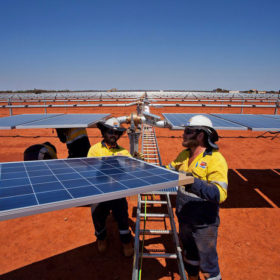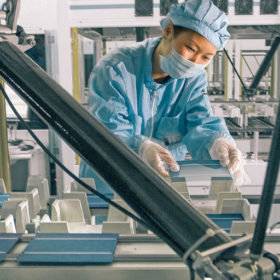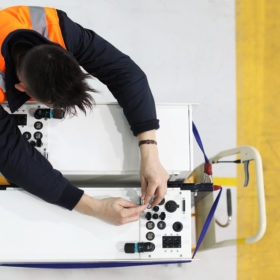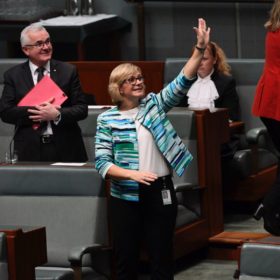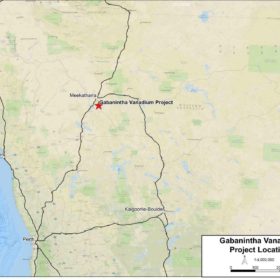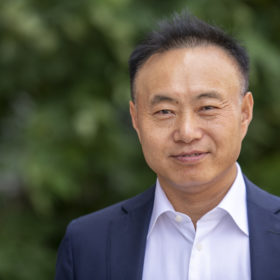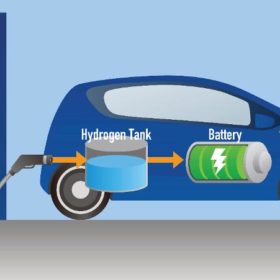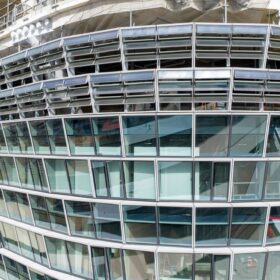AI-enabled VPP promises up to 100% reduction in home energy bills
With UK success under its belt, Social Energy is set to make Australia’s vast rooftop PV resource pay back more to households and deliver for the grid — think an energy-storage system that uses AI to manage, distribute and trade energy generated by aggregated home solar.
Kudos, PV solutions for the masses and IP wars: the importance of being Q Cells
One of the world’s largest solar cell and PV module manufacturers, South Korea-headquartered Q Cells zealously guards its Tier 1 status, its reputation for quality, and its IP based on 20 years of research and development. Key Account Director Myungsin Shim muses on the future of PV in Australia, and a raft of new Hanwha offerings about to hit the market.
Western Australia iron ore mining hub to run on solar
On the back of a landmark agreement with Alinta Energy, Fortescue Metals will use solar power for up to 100% of its daytime energy needs at the Chichester Hub iron ore operation in the Pilbara region.
Yingli in talks with creditors over break up
The Chinese solar manufacturer today admitted it is in talks with its lenders and strategic investors about a break up of the company after its 2018 annual accounts revealed an apparently unserviceable debt pile. Any strategic investor is likely to constitute a Chinese state-backed bail-out.
Sonnen earns Australian Made label
Almost a year after the opening of its assembly and manufacturing facility at the site of the old Holden factory, German battery manufacturer Sonnen can now officially say its products are made in the land of kangaroos.
Zali Steggall to take Climate Change Bill to parliament
Warringah MP and defeater of Tony Abbott Zali Steggall is set to put a Climate Change Bill on the floor of parliament in early 2020 resembling the United Kingdom’s Climate Change Act. Such a bill from a cross-bench Independent might be the Parliamentary angle required for much-needed energy policy.
Technology Metals Australia receives grant for vanadium redox flow battery solutions
Technology Metals Australia has received a promising grant from the Australian Government for the development of its Gabanintha Vanadium Project. It is a small but sure sign of Vanadium’s strategic importance to the Australian economy when paired with renewable energy sources such as solar and wind.
Dr Shi: China would not be dominating the module market if it did not invest in quality control
Former Suntech President Shi Zhengrong says that China’s “solar cluster” has worked in an organized way to achieve both scale and product quality and performance. Known widely as Dr Shi, the true solar pioneer is attending next week’s All Energy Australia event, and will be speaking at pv magazine’s Quality Roundtable.
Vattenfall goes up in flames, Agoria claims their first BWSC title
After the leading car in the Bridgestone World Solar Challenge caught fire and was forced to withdraw from the race on the final stretch, Belgian team Agoria surged ahead to the front.
QUT at the forefront of Australia’s hydrogen push
As the momentum is building behind hydrogen in Australia and abroad, the Queensland University of Technology (QUT) is leading the way in research and development with a range of initiatives on the ground.


